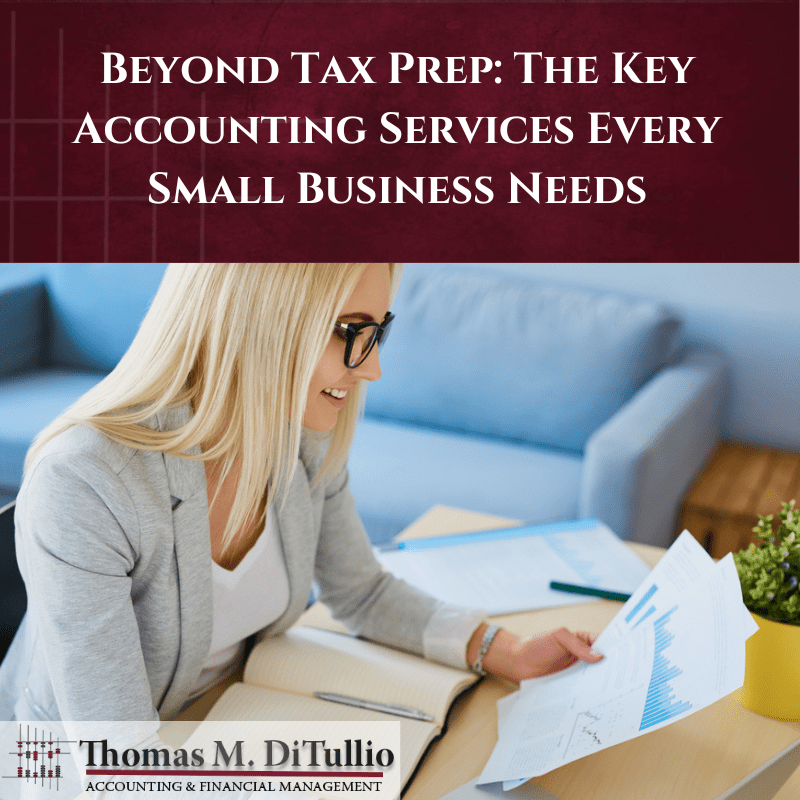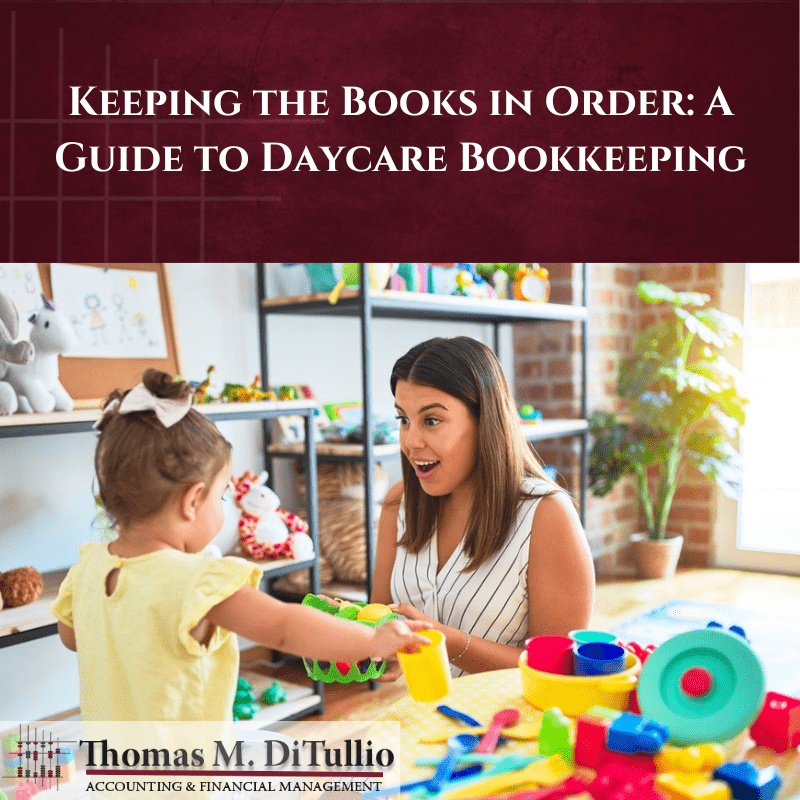Need a NJ Small Business Accountant? Look No Further Than TMD Accounting
Running a small business in New Jersey comes with challenges and opportunities. The most challenging for business owners, however, is often managing finances while juggling other demands. From navigating tax regulations to ensuring accurate bookkeeping and financial planning, the demands on small business owners can be overwhelming. However, with the right partner by your side, you can navigate these challenges with confidence and focus on what you do best—growing your business. That partner is TMD Accounting.
Key Takeaways
- Seek an accountant with extensive experience serving small businesses in New Jersey, understanding the local challenges and opportunities.
- With over 40 years of experience, TMD Accounting offers personalized solutions tailored to the unique needs of small businesses in New Jersey.
- TMD Accounting takes a proactive approach to financial management, helping businesses identify opportunities for growth and success.
- When choosing an accountant, ensure they can provide more than just tax preparation. Consider outsourcing bookkeeping and payroll services to alleviate burdens.
What to Look for in a Small Business Accountant
When searching for a small business accountant who can help your business with tax prep, bookkeeping, and more, it’s important to look for the following traits and factors:
- Experience: Look for an accountant with extensive experience serving small businesses in your industry. They should have a deep understanding of the unique challenges and opportunities facing small businesses in New Jersey.
- Comprehensive Services: Choose an accountant who offers a wide range of services tailored to meet the needs of your business. From bookkeeping and tax preparation to financial planning and business advisory services, they should provide everything you need to manage your finances effectively.
- Proactive Approach: Seek out an accountant who takes a proactive approach to financial management. They should work closely with you to identify potential challenges and opportunities, helping you make informed decisions that drive growth and success.
- Commitment to Your Success: Look for an accountant who is committed to building a long-term relationship with your business. Accountants are partners for your business and, thus, should be dedicated to your success, providing consistent, reliable support that you can count on year after year.
Reasons to Choose TMD Accounting as Your NJ Small Business Accountant
TMD Accounting goes beyond the basic services of a local small business accountant and more. Here are some reasons you should choose TMD Accounting:
Experience That We Tailor to Your Needs
At TMD Accounting, we understand the unique needs of small businesses in New Jersey. With over 40 years of experience serving the region, our team of seasoned professionals brings a wealth of knowledge and expertise to the table. We take the time to understand your business and its specific circumstances, allowing us to provide tailored solutions that address your individual needs and goals. Whether you’re a startup looking to establish solid financial foundations or an established business seeking to optimize your operations, TMD Accounting has the experience and knowledge to guide you every step of the way.
Comprehensive Services For Every Aspect of Your Business
Managing the financial side of your small business can be complex and time-consuming, but with TMD Accounting, you can have peace of mind knowing that everything is taken care of under one roof. From bookkeeping and financial reporting to tax planning and payroll management, our comprehensive range of services is designed to meet all your financial needs. This integrated approach not only saves you time and hassle but also ensures seamless coordination and integration across all aspects of your financial management.
Support to Drive Your Business Forward
At TMD Accounting, we believe in taking a proactive approach to financial management. Instead of waiting for problems to arise, we work closely with you to identify potential challenges and opportunities before they become issues. By staying ahead of the curve and anticipating your business’s needs, we can help you make informed decisions and implement strategies that drive growth and success. Whether it’s identifying cost-saving measures, exploring new revenue streams, or planning for future expansion, TMD Accounting is committed to helping your business thrive in today’s competitive landscape.
We’re Your Long-Term Partner
Choosing the right accountant is crucial for the long-term success of your small business, and at TMD Accounting, we are committed to building long-term relationships with our clients. We understand that your business is more than just numbers—it’s your passion and livelihood. That’s why we work diligently to ensure your success, providing consistent, reliable support that you can count on year after year.
Contact a Small Business Accountant in New Jersey Today
There are many accountants in South Jersey. Knowing who to choose and why is important. Make sure you are choosing an accountant who is capable of providing more than just tax preparation. Outsourcing your bookkeeping and payroll services can alleviate some of the burden. The other half is choosing a partner to assist you with those tasks.
With TMD Accounting, you can rest assured that you’re choosing a partner who meets all these criteria and more. Contact us today by calling 1-856-228-2205 or by filling out the online form to learn more about how we can help you achieve your financial goals. It’s time to take your business to the next level.











